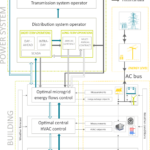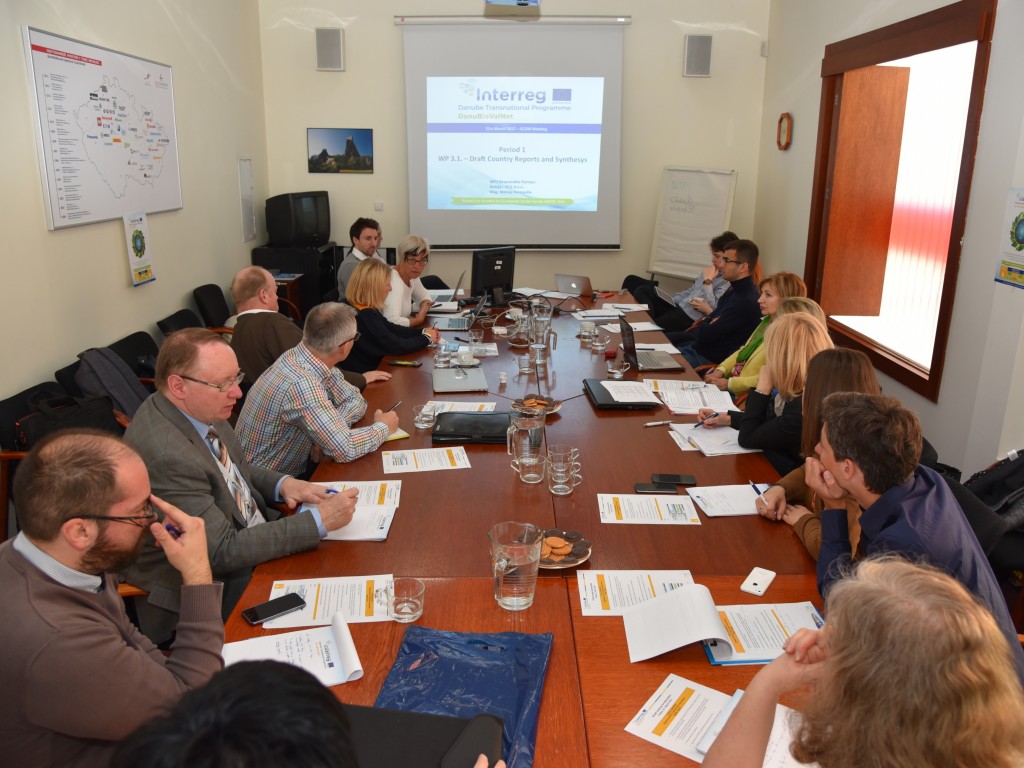Sustainable SMEs development and entrepreneurship are among the objectives of EUSDR Priority Area 8 – Competitiveness of Enterprises. Combined with the problem of massive use of fossil-based resources, it come up a topic related to the development of companies supporting bio-economy.
One of the causes of climate change is the non-sustainable exploitation of fossil-based resources that are converted to be used in our daily life products. The transition of a fossil-based to a sustainable bio-based industry making use of renewable resources is one of the great challenges of our and upcoming generations.
The industry relies mainly on fossil-based resources for developing products. For example, products derived from crude oil are, among others, chemicals, pharmaceuticals, plastics, fertilizers and many more. To change the way our economy is functioning, a new mindset, new set of tools and technologies, new interdisciplinary cooperation, cross-sectoral and transnational collaboration are crucially needed.
The development of a transnational bio-economy cluster network initializes the transition towards the uptake of the bio-based into industry in many different sectors. National cluster associations, as proven and sustainable partners and representatives of many enterprises organize the industry cooperation and create new value chains as well as guarantee the upgradeability in the dimension industry, sciences and politics. Industry shifts their production portfolio towards sustainable products.
Considering these arguments, 16 partners from 10 Danube regions joined their efforts and elaborated and implemented a project financed from the Danube Transnational Programme. DanuBioValNet’s team aimed at enhancing transformation from fossil-based economy towards an economy using renewable resources by creating Danube bio-based value-added networks.
Concretely, by the help of national initiatives, the project developed a joint bio-based industry cluster policy strategy, by connecting clusters and enterprises across sectors as well as transnational. It also contributed to the development of new eco-innovations that help diversifying the local economy and offering new employment opportunities.
In terms of interested people involved in the project’s activities, more than 2000 persons attended workshops, fairs and conferences organized within the project. These led to new projects established, both at national and international levels. The importance of the topic and the dissemination of information about it raised politicians’ and international institutions interest, which mentioned it in their speeches, respectively events, in order to attract more stakeholders and companies in contributing together to a sustainable economy. Among others, the project was discussed in the European Parliament. http://www.europarl.europa.eu/…/EPRS_BRI(2019)635587_EN…
Besides the general promotion of the bio-based economy, the project focused on 3 value chains: Phyto-pharma, Eco-Construction and Bio-based Packaging. The activities carried out try to develop a more sustainable raw material basis and products from biogenic sources. The consortium initiated transnational and cross-sectoral events, to interconnect and integrate as many actors as possible in the various value chains, as well as discover new business opportunities. For example, a new company, Phy2 TRACE, was founded for the digital transformation of phyto-pharma value chains in simple, smart and holistic ways. It offers the first technological solution coupling supply chain challenges with the phyto-pharma market.
DanuBioValNet supports and encourages companies to work together for creating a desirable and sustainable bio-based economy that is respecting planetary boundaries and protecting climate and ecosystems.
For more details about the targets and activities of the Priority Area 8 – Competitiveness of Enterprises, please follow the link: https://competitiveness.danube-region.eu/
Photo: DanuBioValNet





